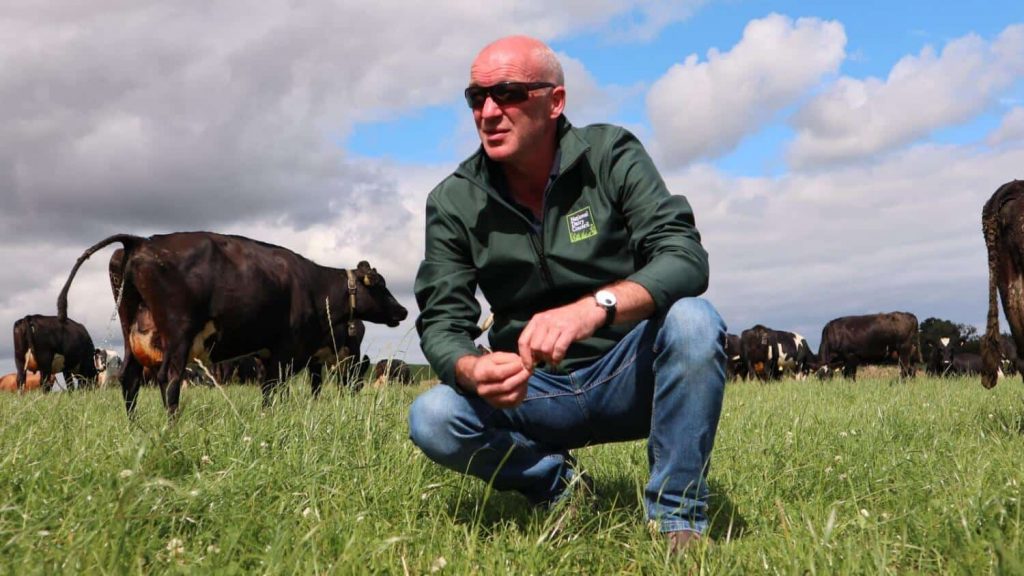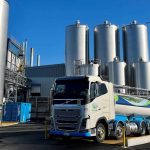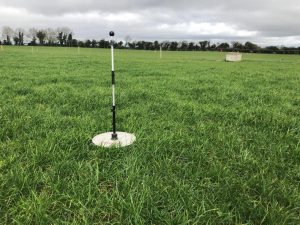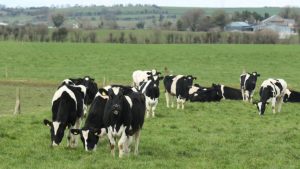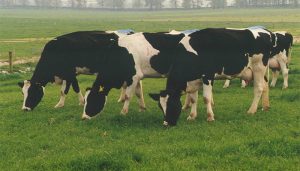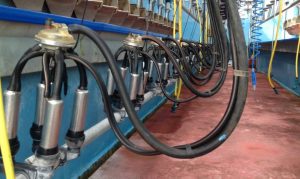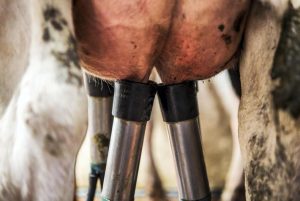
For Irish dairy farmers, water quality is central to their focus on environmental sustainability
Dairy farming is at the heart of Irish life – products produced by 17,500 family farms (and the 60,000 people they employ) are exported to 130 countries, and contribute some €6.8 billion to the Irish economy each year. The industry is not, however, without its challenges.
For example, the Environmental Protection Agency (EPA) identifies agriculture as a major contributor to a reduction in the quality of around half of Ireland’s rivers, lakes and estuaries.
Across Ireland farmers are employing innovative technologies and practices that are designed to reduce agriculture’s environmental footprint, both in terms of water quality impacts and GHG emissions. The goals are challenging, but the industry is changing to address them.
Water quality is key. Sediment traps are placed at the bottom of sloping farmyards to catch rain and wastewater and trees like willow and alder soak up any nutrients that might run off the concrete.
A pilot project run in conjunction with Waterford County Council has seen farmers build reed bed filtration systems to deal with farmyard run off water, taking out the nitrates, potassium, and phosphorus.
The ACRES scheme (the Irish government’s Agri-Climate Rural Environment Scheme) increases biodiversity efforts, seeing farmers committed to putting in hedging along water courses, as well as planting trees like willow, and creating ponds.
The Teagasc (the Irish agriculture and food development authority) Agricultural Catchments programme focuses on water quality monitoring to better understand agriculture’s impacts on water quality.
What the work shows is that agriculture’s impact on our waterways is affected by other factors – soil type and the weather – beyond use of fertiliser and amount of cows.
A drought – like that in 2018 – can have a massive impact on nutrients entering the water system.
A lot of the work of the ACP is working with farmers, sharing knowledge and making recommendations such as nutrient (fertiliser) plans, best practice in pesticide use, hedgerow and field border management and overall pasture management.
Nicholas Cooney, a National Dairy Council Farmer Ambassador farming in Monasterboice, Co. Louth, wants people to know more about what farmers are doing to contribute to Ireland’s national climate goals.
“We understand our obligation to the environment and as a community we are adopting new technologies and practices to reduce our impact and meet the challenge we’ve been set.
“The truth is that Irish farmers are genuinely interested in this – the good and the bad – and they want to know how they can improve and how they can further reduce their environmental impact.”
